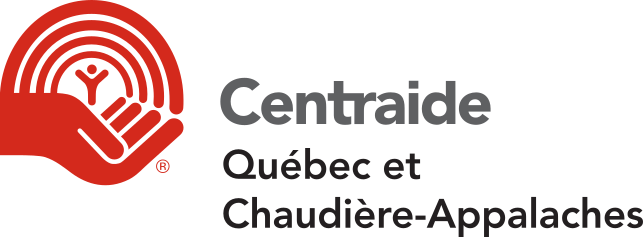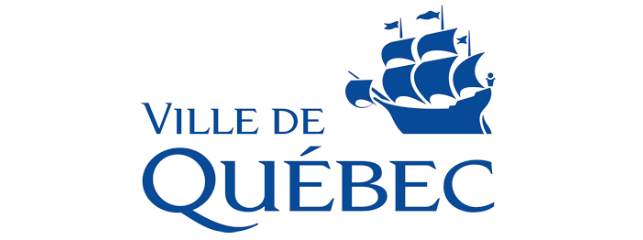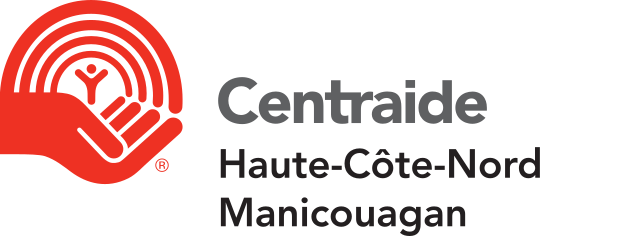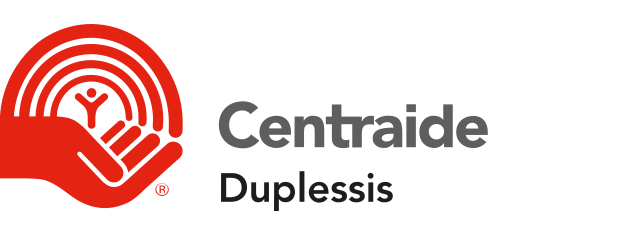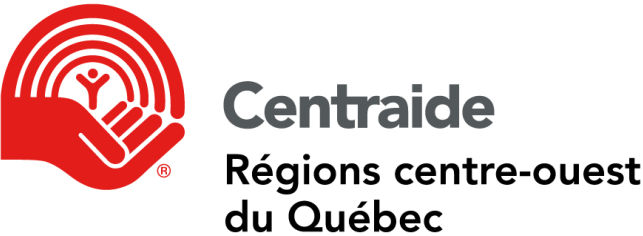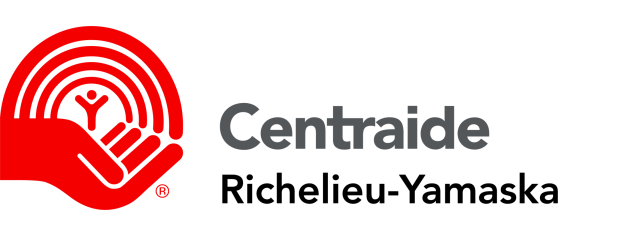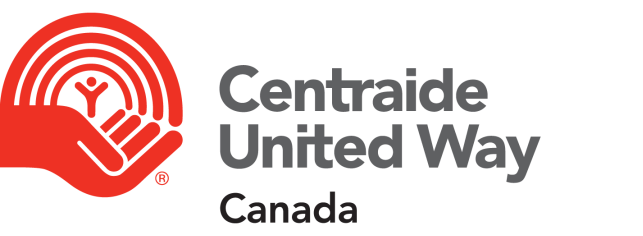[ Browse by Service Category : Topics Related to Weight Management (2) ]
Nutrition Education
Programs that provide information concerning the basic principles of healthful eating, food handling, food preparation and shopping skills. Included is information about the basic food groups, vitamin and mineral requirements, the relationship of nutrition to the preservation of good health and the prevention of illness, and dietary choices such as vegetarianism.
Physical Activity and Fitness Education/Promotion
Programs that promote the benefits of an active lifestyle and encourage people of all ages to participate in regular physical activity as a means of improving health, preventing disease and enhancing the overall quality of their lives. The programs may be tailored for specific populations such as children, adolescents, older adults, employees or people with disabilities; and generally explain why physical activity is important, offer suggestions regarding easy ways to integrate physical activity into a daily routine (such as taking the stairs, going for a walk or parking further away than one usually does), describe specific benefits that can be experienced (such as building strong bones, strengthening muscles, maintaining flexibility, achieving and maintaining ideal weight, maintaining cardiovascular health, meeting new friends and improving physical self-esteem), and provide guidelines for the type and level of activity that is required to develop and maintain fitness or achieve other health-related goals.
Physical Fitness
Programs that provide activities for people who want to improve their strength, flexibility, endurance, muscle tone, reflexes, cardiovascular health and/or other aspects of physical functioning.
Weight Management Support Groups
Mutual support groups whose members are individuals who are seeking weight gain or weight loss support. The groups meet in-person, by telephone or via the Internet; provide emotional support, information and resources for those who participate; offer weight loss or weight gain support only, no special diets; and may include faith-based and secular 12-step groups as well as non-12 step groups.
Body Image Education
Programs that raise awareness and educate the community about body image and eating issues while promoting normal eating, active living, self-acceptance, and respect and appreciation for size diversity. "Body image" refers to a person's perception of his or her own physical appearance. People with a poor body image perceive their own body as being unattractive or even repulsive to others while people with a good body image, or positive "body acceptance", either see themselves as attractive to others, or are willing accept their body as it is. Concerns about body image have led to poor self-esteem, reluctance to participate in physical activities, preoccupation with weight and dieting, and an increase in the likelihood of developing an eating disorder.
The above terms and definitions are part of the Taxonomy of Human Services, used here by permission of INFO LINE of Los Angeles.

